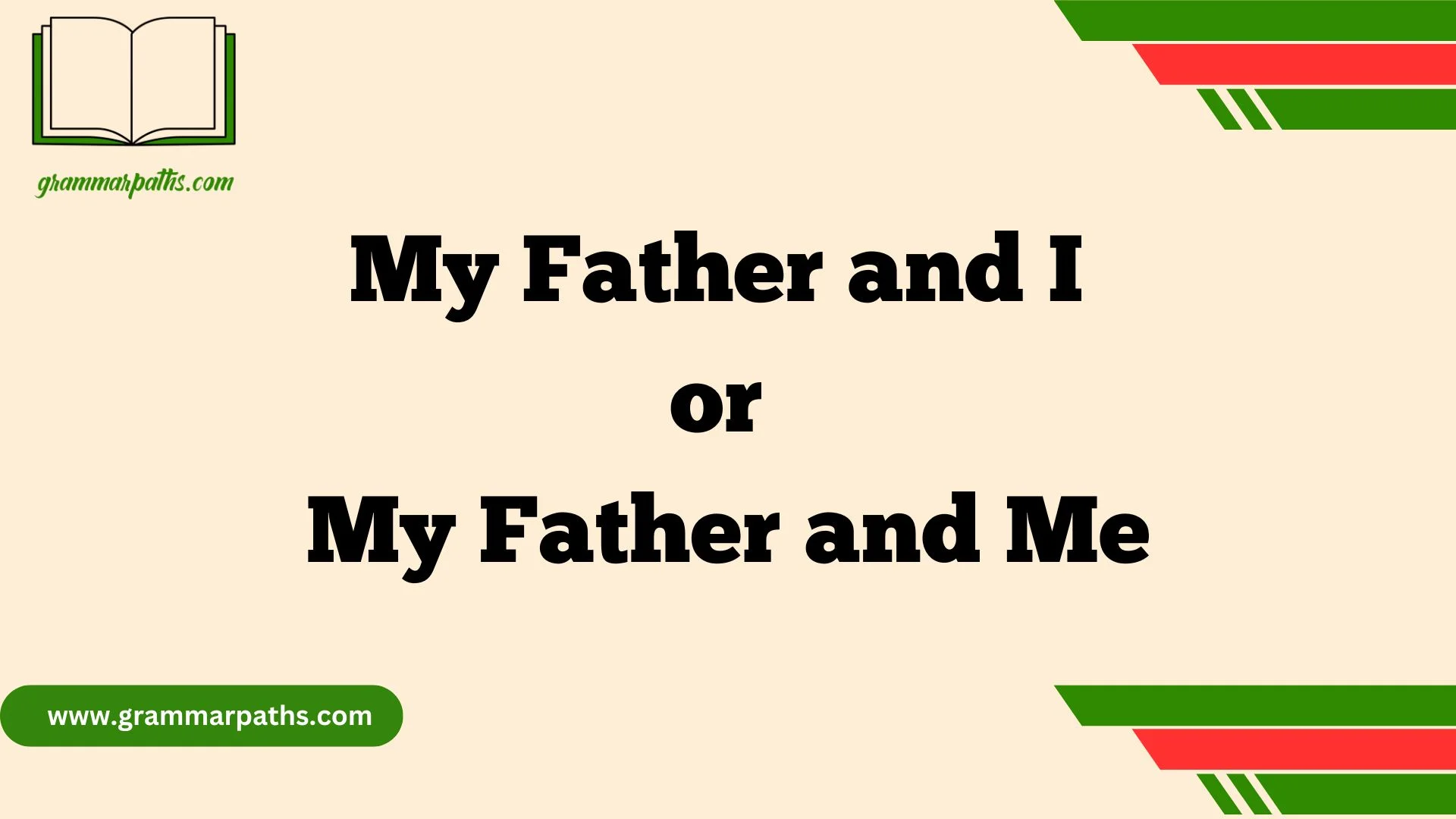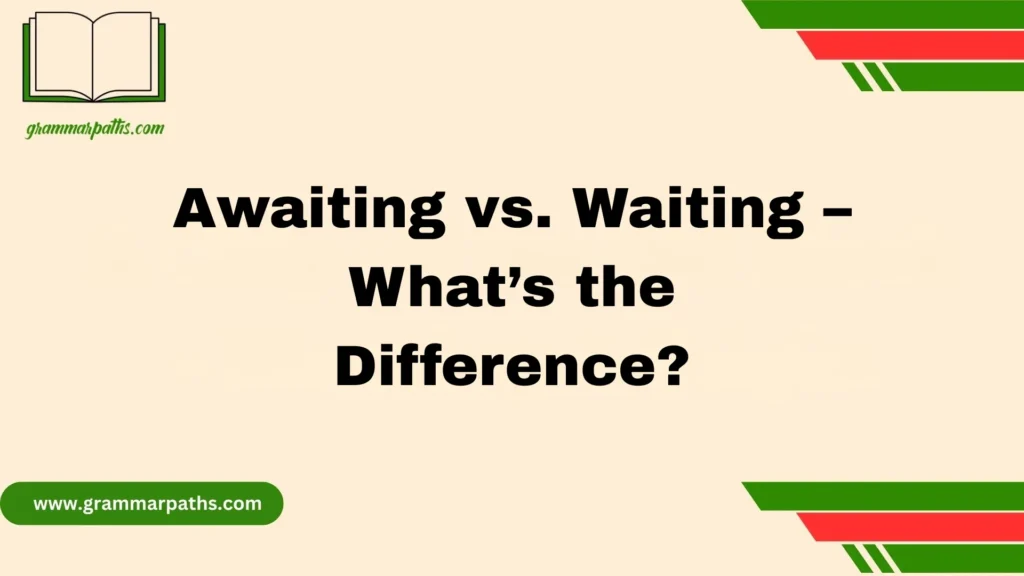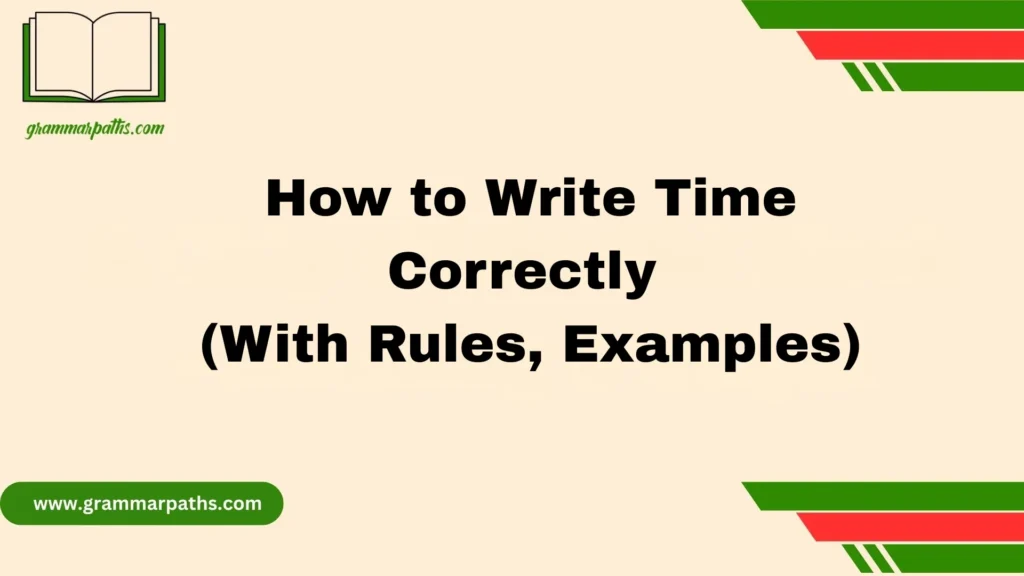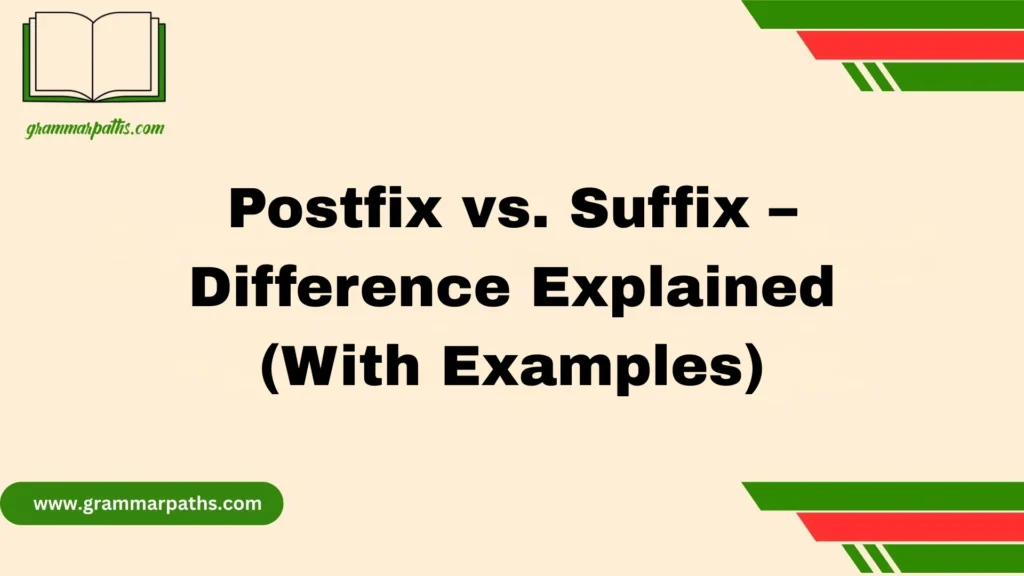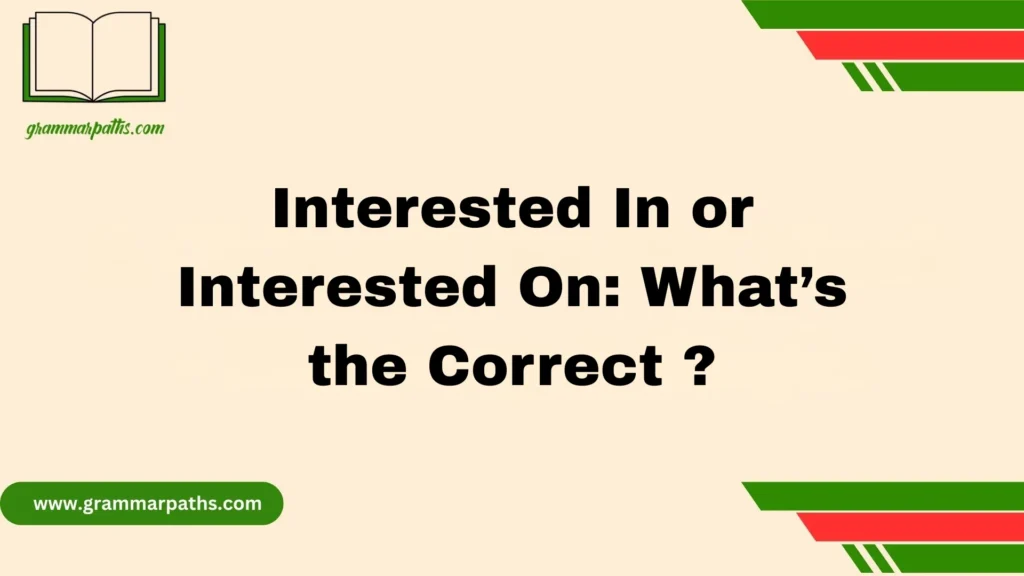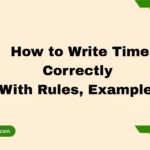Have you ever paused mid-sentence, pen in hand or fingers hovering above the keyboard, unsure whether to write “My Father and I” or “My Father and Me”? This common grammar dilemma trips up even confident English speakers. The confusion lies in the nuances of grammar rules—specifically, how pronouns function as the subject or object in a sentence. Getting it right isn’t just about sounding smart, but about clear communication.
To master English grammar, remember this: use “My Father and I” when you and your father are doing something (subject), like “My father and I went to the store.” Use “My Father and Me” when someone is doing something to you (object), like “She gave my father and me a gift.” Knowing this simple rule helps you avoid common mistakes and write with confidence.
Why This Confuses Everyone—And Why It Shouldn’t
You’re not alone if you hesitate when choosing between “I” and “me” in a sentence. This confusion comes from how we learn to speak casually versus how grammar rules are formally taught.
The issue boils down to subject and object pronouns. In casual speech, people often say what “sounds right,” but what sounds right isn’t always grammatically correct. For example:
- “Me and my father went to the mall.” (common, but incorrect)
- “My father and I went to the mall.” (correct)
The goal here isn’t to sound like a grammar snob but to speak and write with confidence—especially in professional or academic settings.
The Key Difference Between “I” and “Me”
Here’s the golden rule:
- Use “I” when the pronoun is the subject (the one doing the action).
- Use “me” when the pronoun is the object (the one receiving the action).
Subject vs. Object Made Simple:
| Pronoun Use | Example Sentence | Correct Pronoun |
| Subject | “My father and ___ are cooking dinner.” | I |
| Object | “She invited my father and ___ to lunch.” | Me |
To test this, just remove the other person from the sentence:
- “___ are cooking dinner.” → You’d say “I am cooking dinner,” not “Me am cooking dinner.”
- “She invited ___ to lunch.” → You’d say “She invited me,” not “She invited I.”
Quick Examples That Make It Instantly Clear
Let’s look at some side-by-side comparisons that show the correct and incorrect usage:
| Correct Use | Incorrect Use |
| My father and I went fishing. | Me and my father went fishing. |
| She met my father and me. | She met my father and I. |
| My father and I are learning Spanish. | Me and my father are learning Spanish. |
| The teacher thanked my father and me. | The teacher thanked my father and I. |
These examples highlight how often the incorrect version pops up in everyday speech. But once you internalize the rule, you’ll spot these mistakes instantly.
How to Test It Instantly (The One-Step Trick)
Here’s a super simple hack: Drop the other noun.
Let’s test it:
- “Me and my father went to the store.”
- Remove “my father” → “Me went to the store.”
- “My father and I went to the store.”
- Remove “my father” → “I went to the store.”
This trick works with any verb:
- “The cat followed my father and I.” → “The cat followed I”
- “The cat followed my father and me.” → “The cat followed me”
It’s not just useful—it’s bulletproof.
What About Starting a Sentence? (Most Common Mistake)
This is where mistakes happen most. In casual speech, it’s common to say:
- “Me and my dad went to the game.”
It may sound fine, but it’s incorrect. Always start with “My father and I” in the subject position:
- “My father and I went to the game.”
- “Me and my father went to the game.”
Pro Tip:
Always put yourself second. It’s polite, and it’s grammatically correct.
Common Situations Where People Get It Wrong
Knowing when to use “my father and I” or “my father and me” helps in various real-world contexts:
1. Casual Conversation
People often say “me and my dad” without thinking. It’s fine informally, but incorrect.
2. School and Academic Work
Teachers often mark down grammar mistakes. Using the correct form makes a better impression.
3. Professional Emails
In work settings, grammar mistakes can undermine your credibility. Choose wisely:
- “My father and I will attend the meeting.”
- “Me and my father will attend the meeting.”
4. Social Media Captions
You want to sound natural but correct:
- “Hiking with my father and me this morning.”
- “Hiking with my father and I this morning.”
5. Public Speaking
Using the correct phrase boosts your confidence and authority.
Does It Matter in Everyday Conversation?
Let’s be honest: people break grammar rules all the time in casual speech. But here’s why using “my father and I” or “my father and me” correctly still matters:
- You sound more polished.
- You build credibility at school or work.
- You avoid embarrassing corrections.
- You become a better writer and communicator.
Think of it like dressing well—not always necessary, but it earns respect.
Using It in Writing: Email, Essays, and Social Posts
In Emails:
- “My father and I will join the Zoom call.”
- “The form was signed by my father and me.”
In Academic Papers:
- Avoiding pronouns altogether is best, but when you use them:
- “My father and I conducted the experiment.”
On Social Media:
- You want to sound relatable but still grammatically solid:
- “My father and I watching the sunset.”
- “Me and dad watching the sunset.”
Use this quick checklist before you hit publish:
- Does the sentence sound natural when I remove the other person?
- Is the pronoun doing the action? (Use “I”)
- Is the pronoun receiving the action? (Use “me”)
Advanced Grammar Notes (Optional but Smart)
If you’re aiming for mastery, here are a few more nuanced details:
Compound Subjects and Objects
When “my father and I” or “my father and me” are part of a compound subject or object, the same rules apply.
- Compound subject → “My father and I”
- Compound object → “My father and me”
Reflexive Pronouns Are Not a Substitute
Don’t fall for this common mistake:
- “My father and myself went to the wedding.”
- “My father and I went to the wedding.”
“Myself” is only used for emphasis or reflection:
- “I made it myself.”
- “I myself wouldn’t go that far.”
What About “My Father and Myself”?
Use only when you’re emphasizing something you did:
- “The responsibility falls on my father and myself.”
- “My father and myself are going shopping.”
Summary Chart: “I” vs. “Me” Cheat Sheet
| Situation | Use | Example |
| Doing the action | My father and I | My father and I played chess. |
| Receiving the action | My father and me | She called my father and me. |
| Starting a sentence | My father and I | My father and I will be there. |
| After a preposition | My father and me | Between my father and me. |
| For emphasis or reflection | My self (rare) | I built it myself. |
Practice Sentences You Can Test Yourself With
Try filling in the blank:
- ___ and my father visited the museum.
- The award was given to my father and ___.
- ___ and my father are learning French.
- She emailed ___ and my father the itinerary.
Answers:
- I
- me
- I
- me
What Grammar Experts Say (With Sources)
Grammarly states: “The rule is simple: Use ‘I’ when it’s the subject and ‘me’ when it’s the object.” [source]
Purdue OWL emphasizes compound subjects must use “I,” and compound objects must use “me.” [source]
Merriam-Webster adds that “myself” is often misused when people are unsure about “I” vs. “me.” [source]
FAQs About “My Father and I” vs. “My Father and Me”
Which is correct, my father and I or my father and me?
Both “my father and I” and “my father and me” can be correct depending on the sentence. Use “my father and I” when it’s the subject (e.g., My father and I went to the store). Use “my father and me” when it’s the object (e.g., She saw my father and me).
Is it correct to say I and my father?
Grammatically, “I and my father” can be correct, but it’s considered impolite or awkward. “My father and I” is the preferred order in English, following polite convention of mentioning others before yourself.
When to use me and or and I?
Use “and I” when you’re the subject of the sentence (e.g., Tom and I are going). Use “and me” when you’re the object (e.g., He called Tom and me). Test by removing the other person: “I am going” vs “He called me.”
Is it grammatically correct to say John and I or John and Me?
Both can be grammatically correct. Say “John and I” when they’re doing the action (John and I went shopping), and “John and me” when they’re receiving the action (They invited John and me).
Do we say I and my mother or my mother and I?
The grammatically polite way is “my mother and I” when it’s the subject of the sentence. Saying “I and my mother” is technically correct but sounds unnatural and self-centered.
Is it I and my husband or my husband and I?
Use “my husband and I” when you’re the subject (e.g., My husband and I visited Paris). Use “my husband and me” when you’re the object (e.g., They gave my husband and me a gift). Always put the other person first.
Conclusion:
Understanding the correct usage of “my father and I” versus “my father and me” is all about knowing the roles of subject and object pronouns. While “I” functions as a subject, “me” serves as an object. This simple distinction can greatly improve your sentence accuracy and overall communication skills.
Always remember: if you and your father are doing something, use “my father and I.” If something is being done to you and your father, use “my father and me.” A helpful trick is to remove “my father” from the sentence and test whether “I” or “me” sounds right.
By practicing with real examples and keeping these grammar rules in mind, you’ll avoid common errors and speak or write more confidently. Whether you’re crafting a school essay, sending an email, or engaging in conversation, this grammar tip is a small but powerful way to sound polished and professional.

Emma Brooke is a passionate language expert and contributor at GrammarPaths.com, where she helps learners navigate the complexities of English grammar, idioms, and effective writing. With a strong academic background and years of teaching experience, Emma excels at turning tricky grammar rules into simple, practical lessons that readers can easily grasp.
